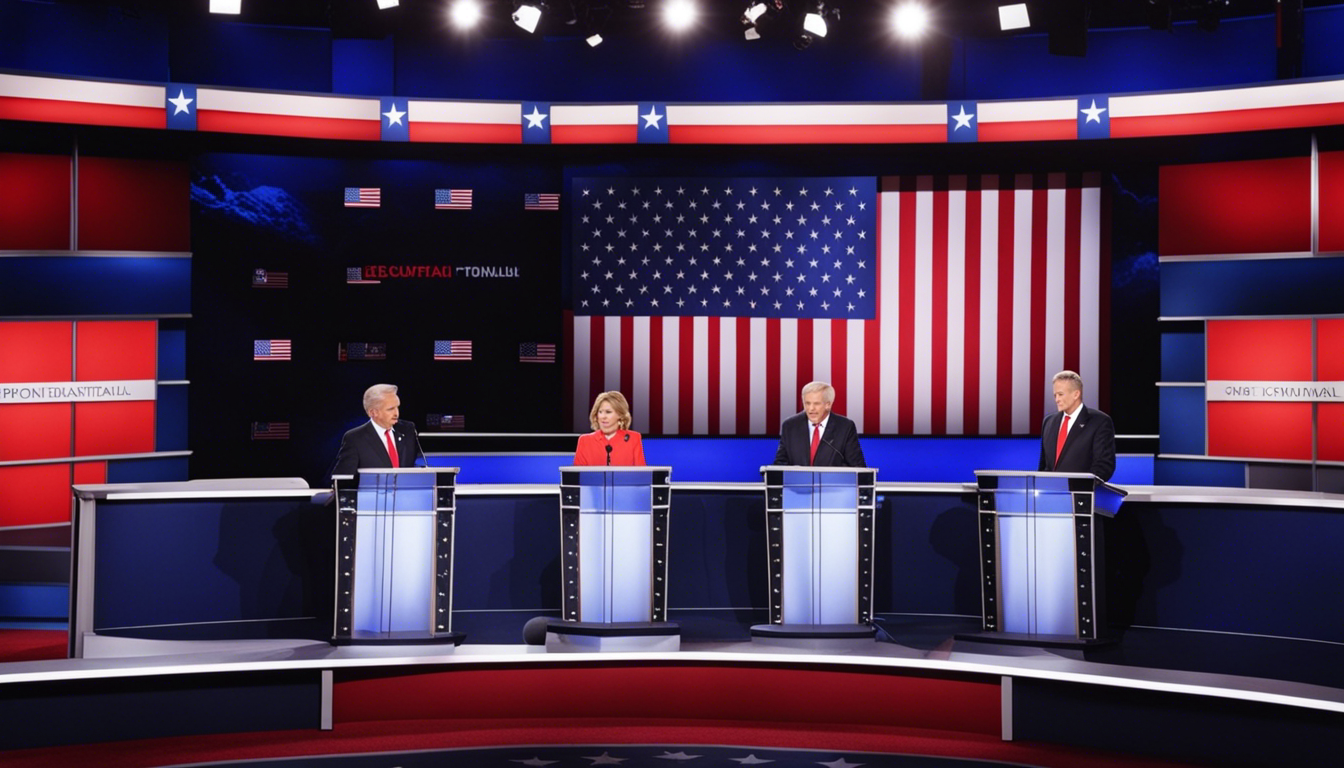
The unconventional "bridge funding" in support of RFK Jr.'s presidential bid

American Values PAC, the super PAC supporting Robert F. Kennedy Jr.'s presidential bid, has raised eyebrows with its unique financial arrangement with private security executive Gavin de Becker. De Becker contributed $10 million to the PAC, and almost all of it, $9.65 million, was subsequently returned, effectively converting his contributions into a loan. This unorthodox financial maneuver has left campaign finance experts astounded, as it departs from conventional practices and raises questions about transparency and accountability in political fundraising.
Unprecedented financial strategy
The arrangement, termed "bridge funding" by both de Becker and Tony Lyons, the co-founder of the super PAC, has triggered speculation and criticism within the campaign finance community. The move to use such significant contributions as a financial bridge and subsequently return the funds has never been observed before, leading experts to question the motives and implications of this unorthodox financial strategy.
Opacity and implications
This unique financial maneuver has raised concerns about the lack of transparency in American Values PAC's actual financial operations. By transforming contributions into de facto loans without categorizing them as debt, the PAC has created opacity around its financial transactions, leaving questions about the true nature of its fundraising activities. This has broader implications for the campaign finance landscape, potentially setting a precedent for other political groups to adopt similar opaque financial practices, thus evading transparency requirements.
Role of gavin de Becker
Gavin de Becker's substantial financial involvement in the Kennedy campaign, both as a donor and a vendor, has further intensified scrutiny. Apart from his $10 million in contributions, de Becker's firm, Gavin de Becker & Associates, received $1.48 million for security services and travel expenses from the campaign, making it one of the top vendors for the presidential bid. This close financial entanglement has raised questions about de Becker's vested interests and his role in influencing the viability and longevity of Kennedy's candidacy.
Unprecedented relationship
The magnitude of financial transactions between American Values 2024 and Gavin de Becker is unparalleled, with the PAC refunding a substantial portion of his contributions, outweighing its direct support for Kennedy's candidacy. This unconventional relationship has drawn attention to the intricacies of donor-PAC dynamics and the unprecedented predetermined agreement to refund unspent contributions during an ongoing campaign cycle, further emphasizing the atypical nature of their financial arrangement.
Financial impact and implications
The flow of funds, particularly the significant refunds to de Becker, has overshadowed the PAC's direct support for Kennedy's candidacy, raising questions about the true intentions behind this financial maneuver. The financial implications for both the super PAC and the Kennedy campaign, coupled with de Becker's extensive financial involvement and vendor relationship, have sparked concerns about the potential conflicts of interest and the underlying motives driving this unconventional financial strategy.
Future implications
The unorthodox "bridge funding" and the subsequent refunds to Gavin de Becker have prompted speculation about the future implications for political fundraising and transparency. The unprecedented nature of this financial strategy and its potential impact on campaign finance practices could shape the evolving landscape of political fundraising, thereby influencing the level of transparency and accountability in future election cycles.
As the Kennedy campaign continues, the atypical financial relationship between American Values 2024 and Gavin de Becker will undoubtedly remain a subject of scrutiny, potentially setting new precedents and redefining the norms of campaign finance practices.
Share news















